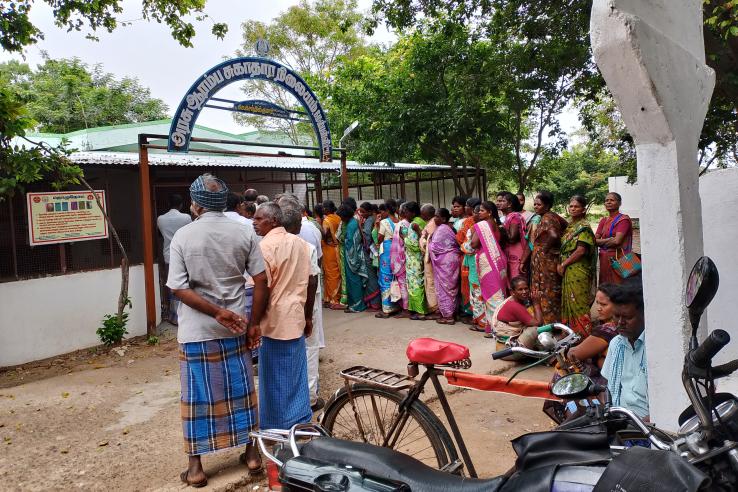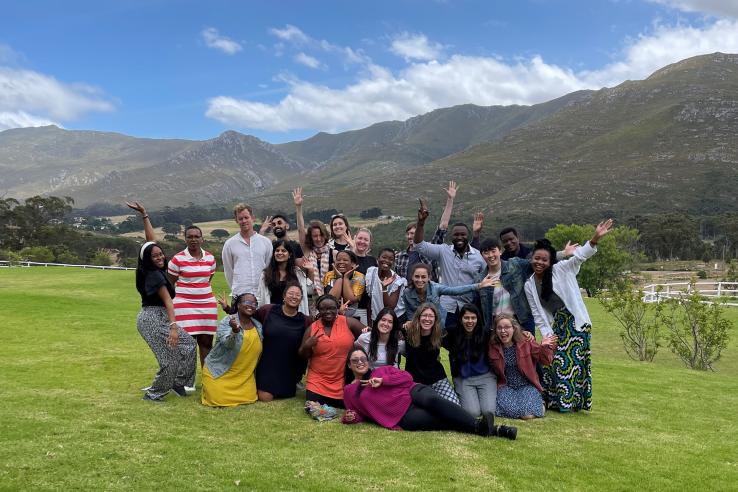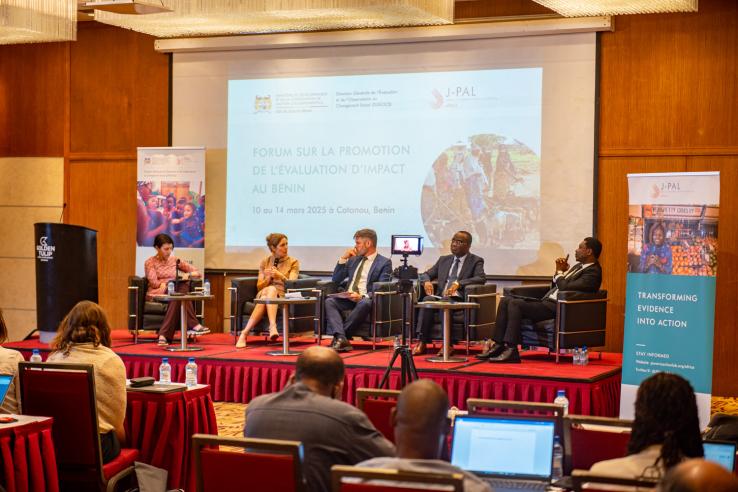Displaying 6916 - 6930 of 8474
Person
Resource
Layout Page
J-PAL is at the forefront of AI for social good. We’re working with governments, tech companies, and researchers to move from “Can it work? ” to “Should we scale it?”
Person
Person
Person
Initiative
J-PAL North America’s US Health Care Delivery Initiative (HCDI) supports randomized evaluations of strategies that aim to make health care delivery in the United States more efficient, effective, and equitable.
Initiative
The J-PAL State and Local Innovation Initiative supports US state and local leaders in building a culture of evidence generation and use.
Person
Sara Ameziane Hassani is a Policy Associate at the Morocco Innovation and Evaluation Lab (MEL), where she works with organizations and policymakers to strengthen the use of evidence in the education sector.
Person
Reihane Zitouni is a Policy & Training Associate at the Morocco Innovation and Evaluation Lab (MEL).
Person
Person
Person
Resource
Layout Page
J-PAL Africa is a growing office with a fun, diverse and inclusive team. We have offices in Cape Town, Johannesburg, Nairobi and Accra. Learn more about our current team members. If you would like to receive notifications about open positions, please sign up for our jobs newsletter.
Resource
Layout Page
The J-PAL Africa policy team works with governments, researchers, and NGOs to increase evidence use by bridging the gap between rigorous research and action in sub-Saharan Africa to improve lives at scale. Based all over the continent, our policy staff work on a wide variety of topics. We have...
Resource
Layout Page
The J-PAL Africa research team conducts randomized evaluations on social programs and policies in South Africa. We have hubs in Cape Town and Johannesburg, and work in partnership with local and international researchers, government bodies and NGOs across South Africa. Our work covers a wide variety...




